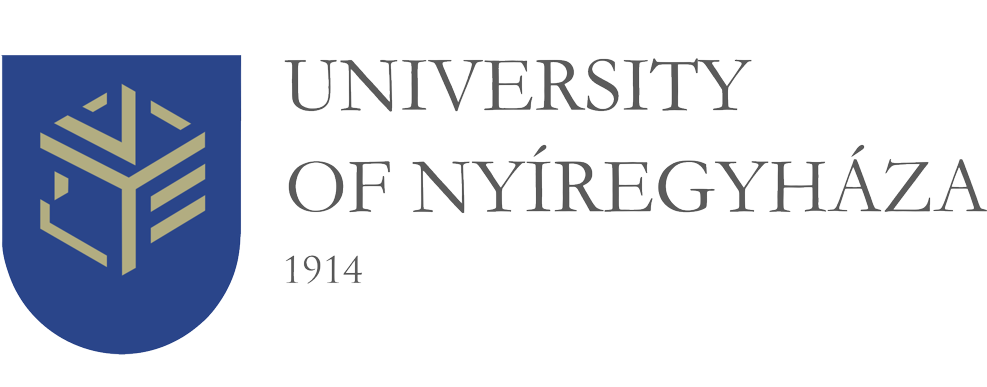Research area and keywords of research:
Soil biology, climate change, carbon sequestration
Name of the researcher(s) and research group:
- Dr. István Fekete
Name of the Institute:
University of Nyíregyháza, Institute of Environmental Science
Research objectives:
We study the carbon content of soils in regions where we can quantify changes in climate patterns.
Description and results of research:
During my research I mainly worked with researchers from other (Hungarian and foreign) institutes. In our research we study the C content of soils in regions where we can quantify changes in climate patterns. Since the dynamics of degradation processes are influenced by the pH of the soils, as well as the quantitative values of the nutrients and their ratio to C, we also study major soil and plant nutrients including N, S, and major cations (eg. Ca, K, Mg, Mn). It is important to measure not only the quantity of C in the soils, but also the chemical quality of the litter inputs to soils from plants, as chemical quality may determine which litters degrade rapidly and which litters build up on the forest floor or as particulate matter in soils. Input litter quality may also affect the carbon use efficiency of decomposer microbes, and this also affect how much soil C is sequestered in stable, protected pools. In order to clarify these issues, we would like to do the following studies:
Indices of soil organic matter (SOM) quality collected from different climate regions and determined. The thermogravimetry (TG-DTA) and the Fourier transform infrared spectroscopy (FTIR) at the University of Bologna, and Nuclear magnetic resonance spectroscopy (NMR) with colleagues at the University of Palermo and University of Toronto in Canada be applied. The stable and radiocarbon isotopes of the samples were analyzed at the Max Planck Institute for Biogeochemistry, providing data to estimate the turnover times of detritus and SOM.
Research partners from other institutions:
Cooperation with:
- Prof. Ornella Francioso at the University of Bologna
- Prof. Pellegrino Conte at the University of Palermo
- Prof. Myrna Simpson at the University of Toronto
- Prof. Kate Lajtha at the Oregon State University
- Prof. Susan Trumbore at the Max Planck Institute for Biogeochemistry
Other information:-
Publications (max. 5):
- Kate Lajtha, Richard D Bowden, Susan Crow, István Fekete, Zsolt Kotroczó, Alain Plante, Myrna J Simpson, Knute J Nadelhoffer, The detrital input and removal treatment (DIRT) network: Insights into soil carbon stabilization, SCIENCE OF THE TOTAL ENVIRONMENT 640-641: pp. 1112-1120. (2018), IF: 4.900
- Ika Djukic, Sebastian Kepfer-Rojas, Inger Kappel Schmidt, Klaus Steenberg Larsen, Claus Beier, Björn Berg, Kris Verheyen, Anikó Seres, Erzsébet Hornung, István Fekete, Zsolt Kotroczó, Tóth Zsolt, Early stage litter decomposition across biomes, SCIENCE OF THE TOTAL ENVIRONMENT 628-629: pp. 1369-1394. (2018) IF: 4.900
- István Fekete, Kate Lajtha, Zsolt Kotroczó, Gábor Várbíró, Csaba Varga, János Attila Tóth, Ibolya Demeter, Gábor Veperdi, Imre Berki Long term effects of climate change on carbon storage and tree species composition in a dry deciduous forest GLOBAL CHANGE BIOLOGY 23:(8) pp. 3154-3168. (2017) IF: 8.997
- Áron Beni, Kate Lajtha, János Kozma, István Fekete, Application of a Stir Bar Sorptive Extraction sample preparation method with HPLC for soil fungal biomass determination in soils from a detrital manipulation study JOURNAL OF MICROBIOLOGICAL METHODS (2017) JOURNAL OF MICROBIOLOGICAL METHODS 136: pp. 1-5. (2017) IF: 1.790
- Fekete I., Kotroczó Zs., Varga Cs., Nagy P.T., Várbíró G., Bowden R.D., Tóth J.A., Lajth K. (2014): Alterations in forest detritus inputs influence soil carbon concentration and soil respiration in a Central-European deciduous forest. Soil Biology and Biochemistry 74:106–114. IF: 3.932


